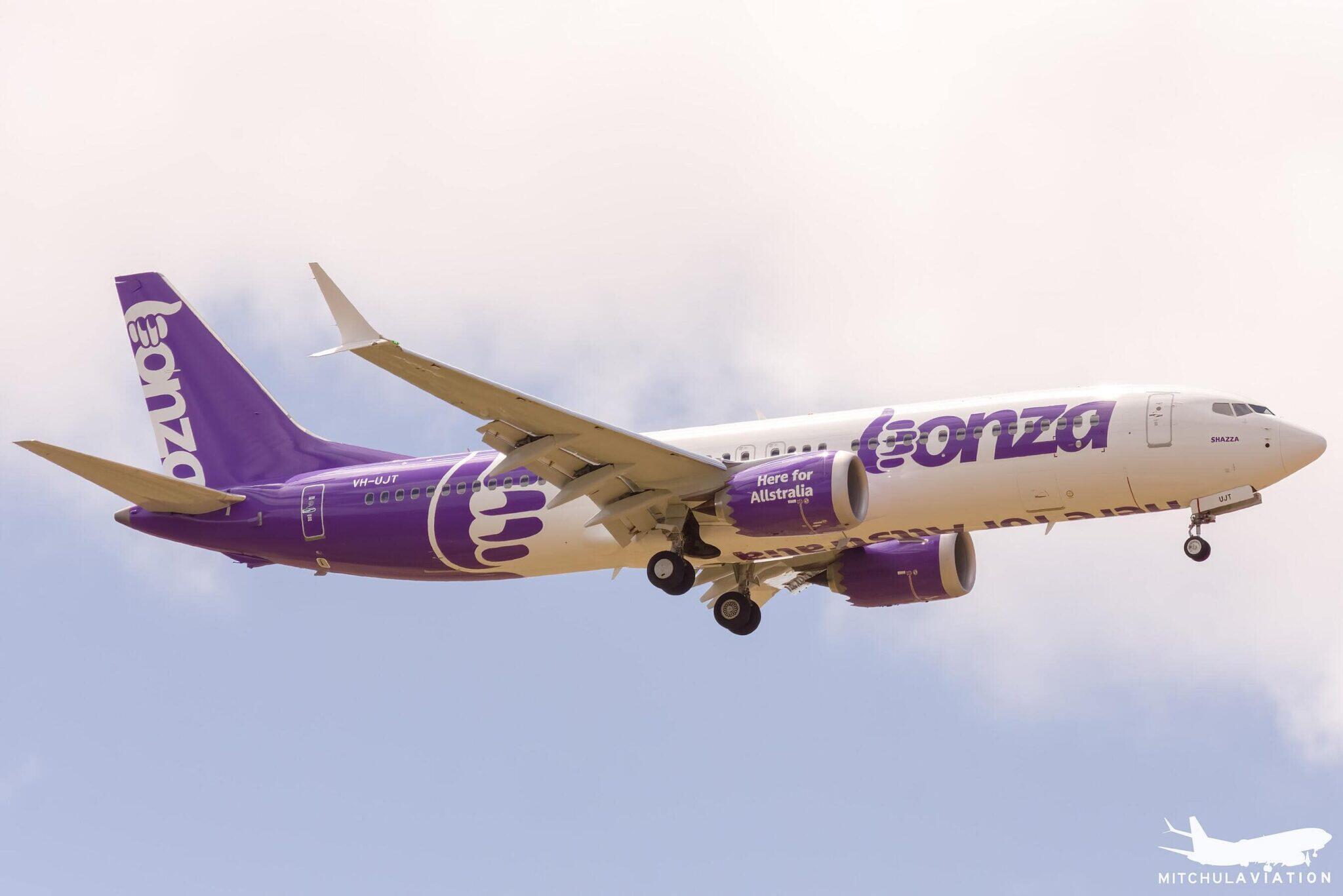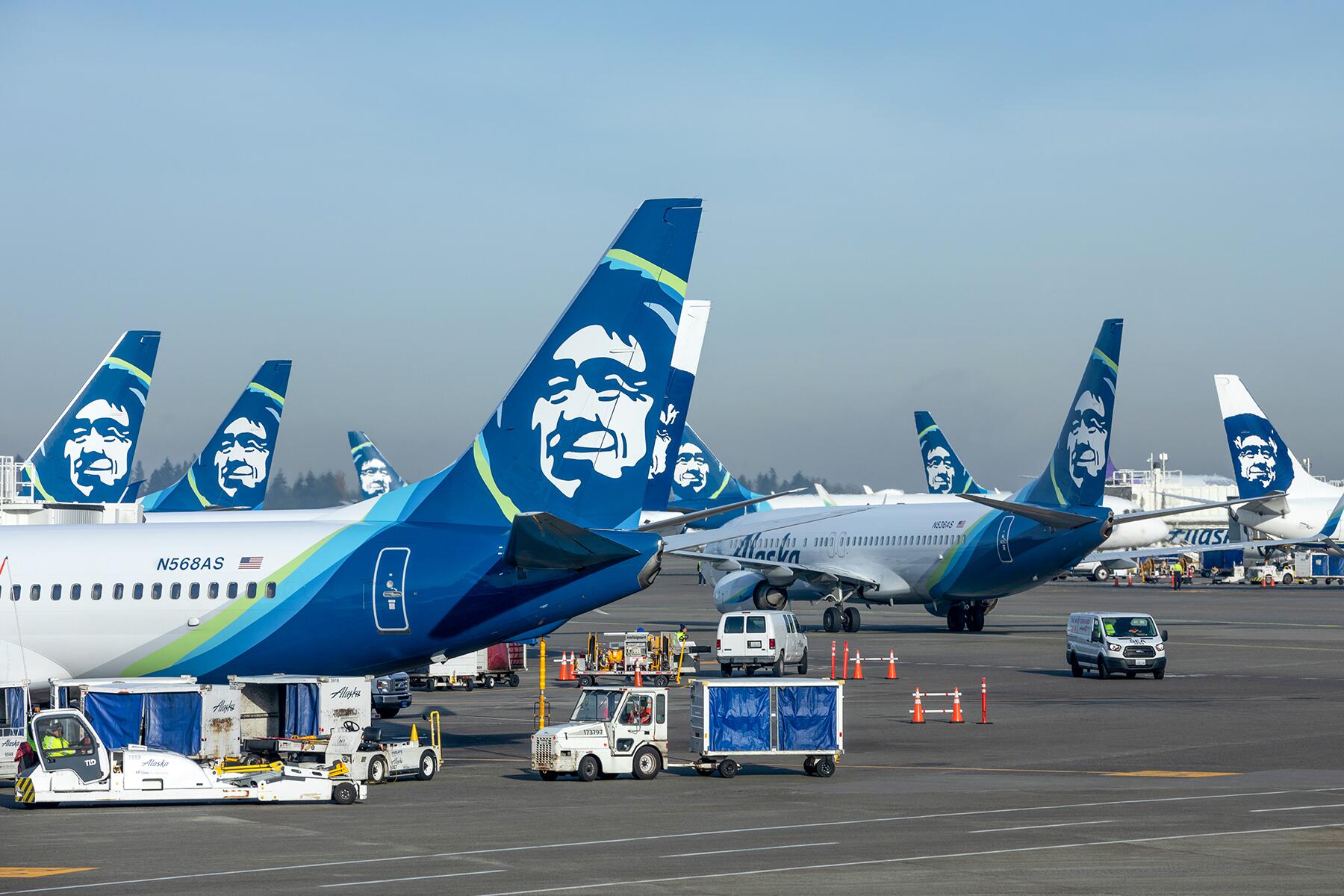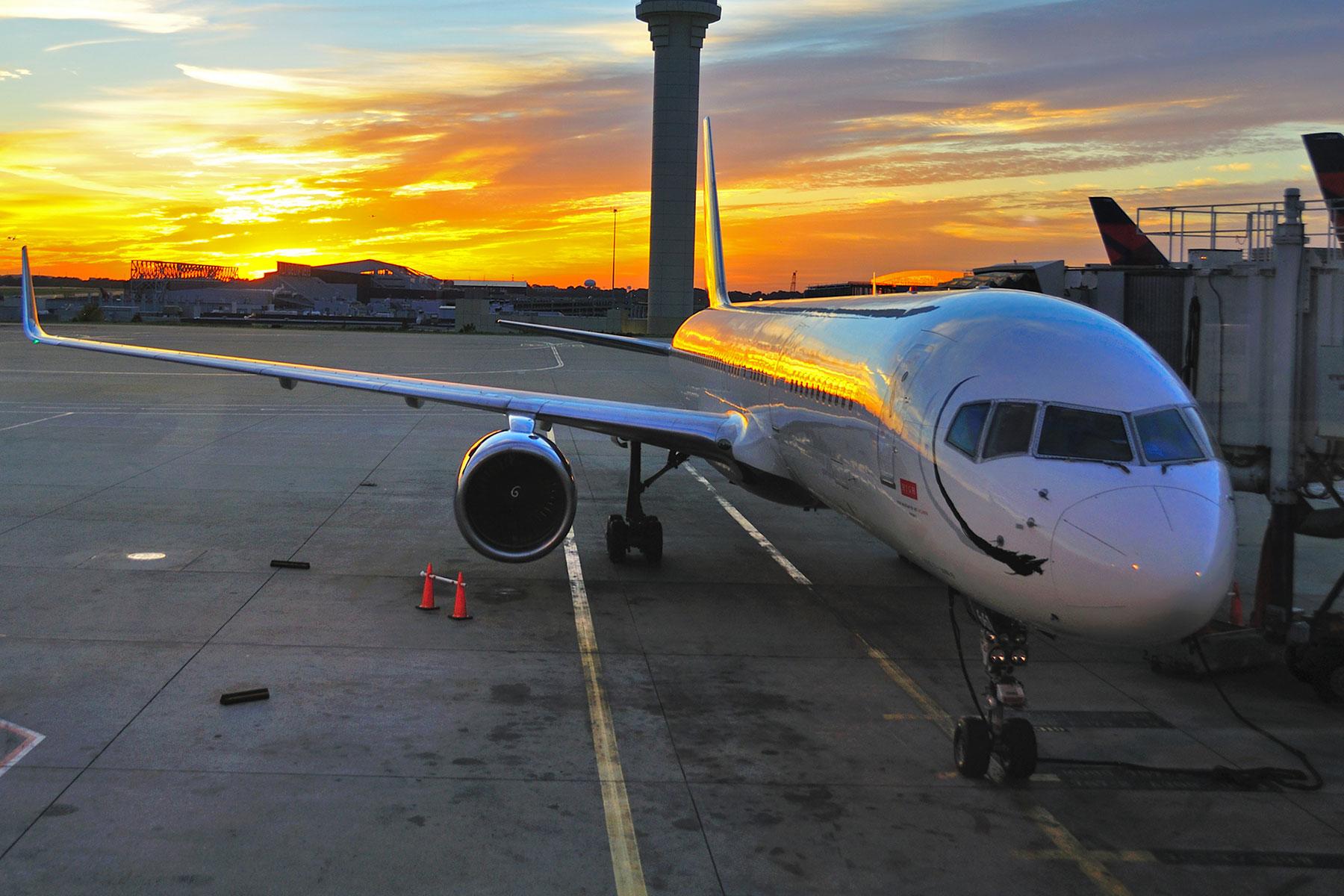Get on board.
Vacations are supposed to be a time for adventure, fun, and relaxation. But for some people, the experience can be fraught with anxiety before they even get there. Fear of flying affects one in four travelers, causing them to feel stressed and anxious, triggering panic attacks, and in some cases, preventing them from flying altogether. But you don’t have to let your fear hold you back—take to the skies with confidence with some self-help measures.
Download a Mindfulness App
Mindfulness might be the latest wellness buzzword, but it is proven to help with phobias, including fear of flying. There are plenty of mindfulness apps out there you can download to help guide you through meditation if you start to feel nervous on a flight. The Headspace app offers guided meditations, including specific ones for anxiety, as does Calm, which also includes a selection of “sleep stories” to help you drift off if you’d rather just sleep your way through your flight. It’s great to meditate on flights, but also remember to practice it in the days running up to your trip to get the maximum benefits.
Distract Yourself
The best way to get through a long-haul flight is by having something to take your mind off it. Don’t bank on the in-flight entertainment options; instead, come armed with your personal selection of distractions. Set a reminder on your phone to download movies, TV shows, and podcasts onto your smartphone or laptop before your flight. Treat yourself to a selection of magazines or a new book. Also think outside of the box and consider bringing something like a craft project, an adult coloring book, or a face mask to do on the plane. Bring whatever you need to keep yourself busy for a few hours.
Recommended Fodor’s Video
Get to the Bottom of Your Fear
Aviophobia, or fear of flying, is a complicated psychological condition. Understanding what is actually driving your fear will go a long way in helping you overcome it. For instance, while some people are afraid of the plane of crashing, others are claustrophobic. Before planning your next big trip, try to spend some time thinking about what is really causing your fear of flying, that way you can take action accordingly.
Breathe
Breathing is by far the best way to calm yourself down if you feel yourself starting to panic or become anxious on a flight. There are various techniques you can use, but the main goal is to slow your breathing down and focus on the exhale rather than inhale, because as you panic, your breathing gets shallow and fast, prolonging the state of panic. One trick is to breathe out fully first before inhaling. Then breathe in deeply, hold it for a couple of seconds, and breathe out completely. Keep doing this until the panic passes.
Get to the Airport Early
For anxious travelers, it can often feel as though airports were purposefully designed to stress you out. Allow plenty of time to get there. Maybe even ask a friend or family member to give you a lift. Once you get there, go straight through security so that you’re settled and ready to board. Try not to leave buying anything important until the airport, and avoid caffeine as it can exacerbate feelings of stress. Instead use this time to treat yourself in duty-free or just to take a moment to chill out.
Pick the More Comfortable Seat
If you are claustrophobic, you might find sitting in the aisle more comfortable. If you find looking out of the window helpful, sit there. When you buy your ticket, make sure to select a seat that you feel most comfortable with, even if that means paying a little extra for it. Some of the newer airplanes offer “beds” in economy class on overnight flights, so call the airline to find out. It’s also worth asking flight attendants when you get on the plane if it’s full–if it’s not, ask if you can move to somewhere with more space. Often if you tell them you’re nervous, they will accommodate you.
Use Earplugs and Eye Masks
Some nervous fliers find overnight flights very daunting, but if you can try to get some rest it’s the best way to make the time fly by. Bring an eye mask and set of earplugs with you to help you sleep. The earplugs are especially useful as they block out the loud noise of the plane (rather than earbuds or headphones earplugs should be comfortable enough to let you sleep). The eye mask will also signal to the flight attendants not to disturb you while you nap. Many airlines have started cutting back on offering these amenities on overnight flights, so it’s worth bringing your own.
Tell a Flight Attendant
Flight attendants deal with nervous fliers on a daily basis. Next time you’re boarding a plane, tell your nearest steward that you’re feeling anxious. There’s no need to be embarrassed; their job is to help you and make you feel comfortable. They can check in that you’re doing OK. They also might have some tips to share with you from their experience. Often, and especially if you’re traveling alone, vocalizing your fear to someone can be a huge help.
Try Acupressure
There’s a pressure point on the back of the hand, right in the V-shape at the base of the bones of the thumb and forefinger. It takes some practice find it, but you’ll know when you do–it causes it peculiar sensation. While not proven to work on everyone, that point is connected with anxiety and pressing on it can relieve the symptoms of tension. Try finding the point in the days running up to the flight (when you’re otherwise feeling worked up) to see if it helps and if it does, use it when you fly.
Take a Fear of Flying Course
If your fear of flying is preventing you from traveling or making you so anxious it’s impacting your health or enjoyment of your time away, consider seeking professional help. Some airlines, including British Airways, Virgin and EasyJet, as well as some airports, offer fear of flying courses. These courses are led by pilots, crew, and psychologists with intent to address all aspects of flying fears and how to overcome them. Trained professionals will answer all your questions and give you pointers for addressing your fears. As many of the courses include a short flight, they only happen a few times a year, so make sure to book well in advance.




